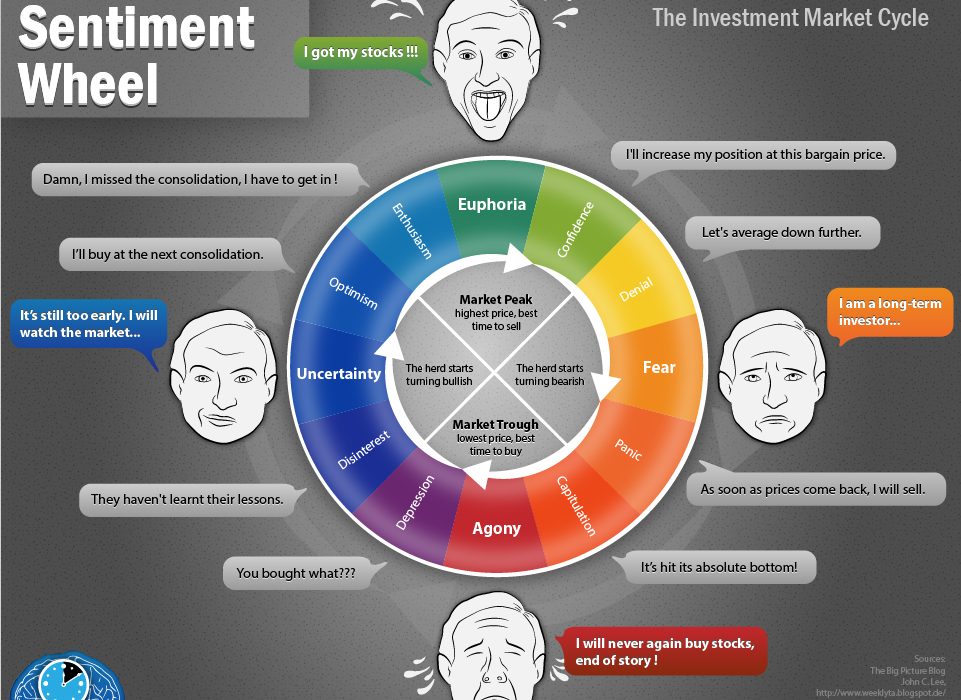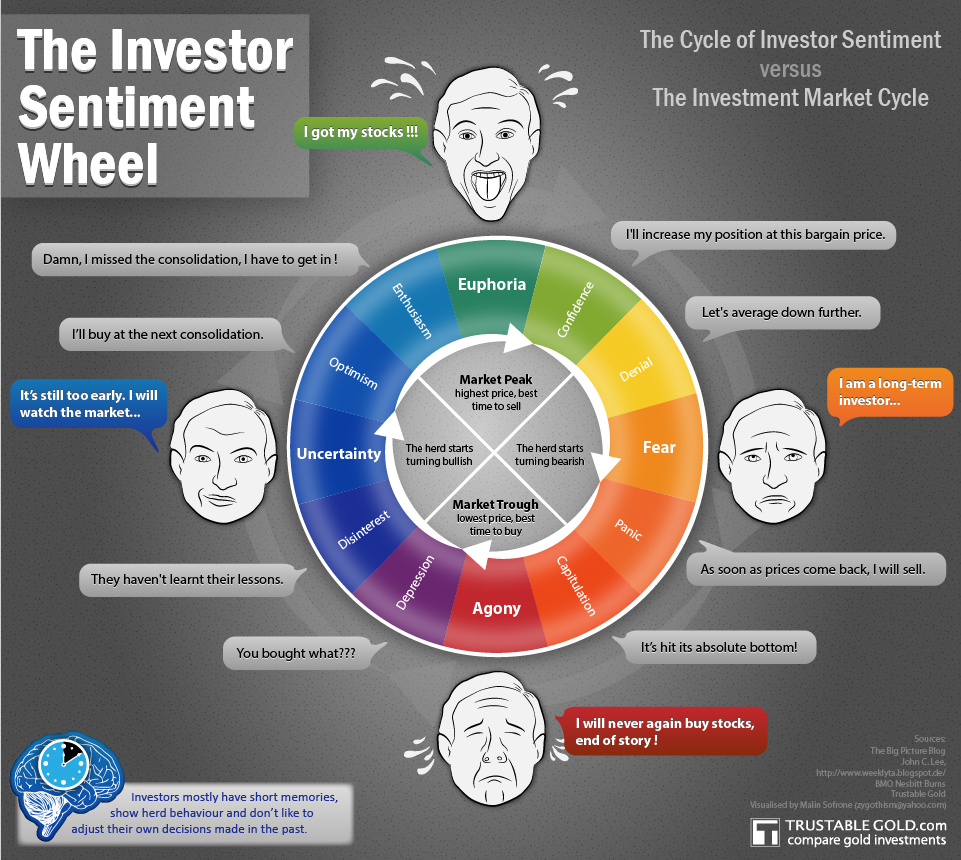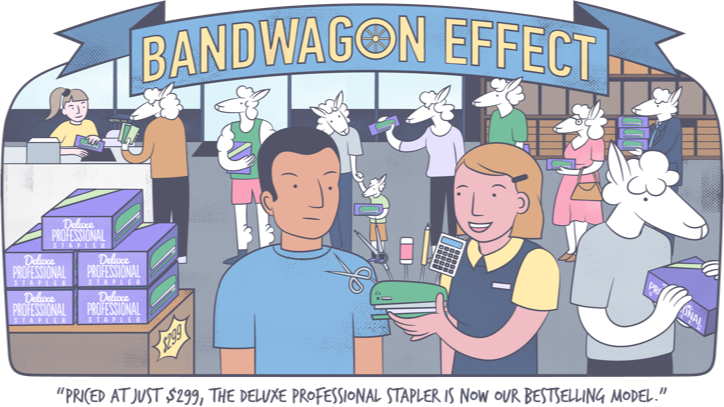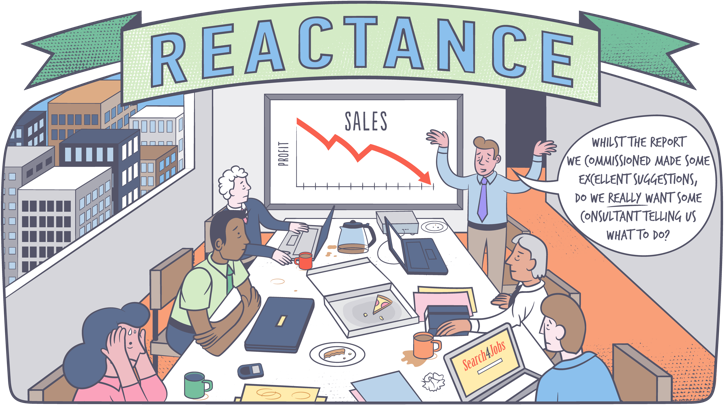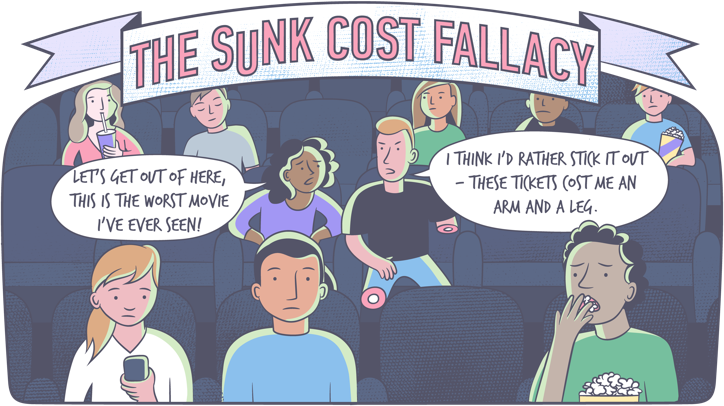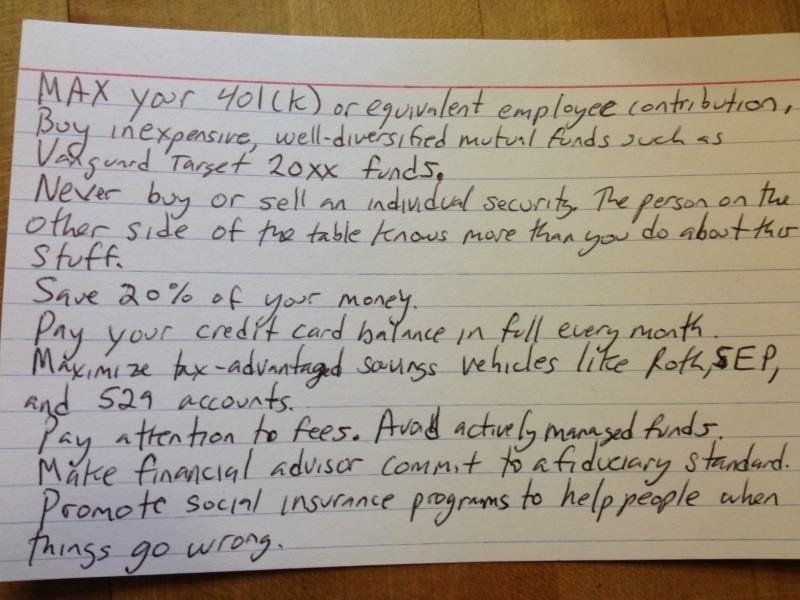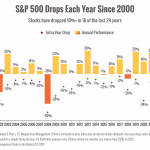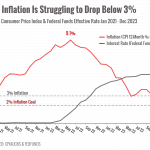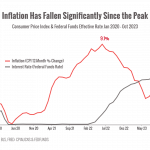Thirty Years Ago Today…
Thirty years ago to this day, the following words were written:
“We do not have, never have had, and never will have an opinion about where the stock market, interest rates or business activity will be a year from now.”
–Warren E. Buffett, the world’s most admired, least imitated investor, in his annual letter to shareholders 30 years, dated February 28, 1989.
Note:
- On February 28, 1989, the Standard & Poor’s 500-Stock Index closed at 288.26. Yesterday it closed at 2,792, fairly close to ten times where it was on the day of Mr. Buffett’s letter. Of course, this ignores dividends.
- The cash dividend of the S&P 500 for the full year 1989 was $11.73. For the full year 2018, it was $53.61, a bit more than four and a half times where it was in 1989.
- To get a sense of how these increases compare to inflation, note that the Consumer Price Index stood at 122 in February 1989. In January 2019 it was 253, having slightly more than doubled in the interim.
When will we ever learn?
It was never about “timing the market.”
It is always about TIME IN THE MARKET.






